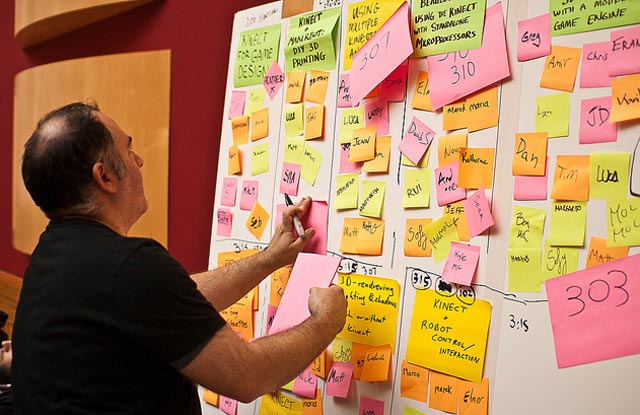The term #openweb describes a social/tech ecosystem for the internet rooted in decentralization, interoperability, and community-driven values. It embodies the #4opens – open data, open source, open standards, and open process. This stands in contrast to the #closedweb of the #dotcons, whose platforms are centralized and proprietary, and the broader #mainstreaming of the internet, which has a strong tendency to replicate closed, corporate models. The #openweb offers a fundamentally different vision for the future, both for the web and the society it shapes.

In this landscape, the #Fediverse is an example of decentralized networking. Built on the protocol #ActivityPub, it enables people and communities across different platforms to interact seamlessly. Codebases like #Mastodon, #PeerTube, and #Pixelfed serve as alternatives to corporate platforms, Twitter, YouTube, and Instagram, offering a more ethical, people-centric path for people to walk.
For more technical or geeky conversations, the term #web1.5 is useful. It acts as a buffer against the confusion and hype of #web3 and the #encryptionist obsession with blockchain-driven solutions that miss the social dimension.
When communicating with broader or more mainstream people, talking about the Fediverse can be tricky. In many cases, simply saying “Mastodon” is enough. As the most recognizable platform in the Fediverse, it serves as a useful gateway for those unfamiliar with decentralized technologies, yet curious to explore alternatives to Big Tech.
Ultimately, terminology should match context and audience. Whether you’re deep in conversation with fellow geeks or introducing someone new to decentralized spaces, choosing the right term can make all the difference in clarity and accessibility.
Of course, tribalism within these communities can sometimes make things harder than necessary. A gentle reminder applies here: don’t be a prat. Shared understanding matters more than gatekeeping.